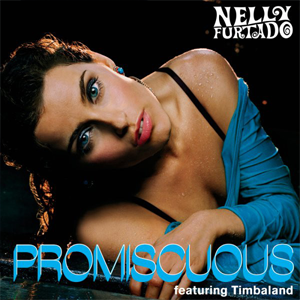Return to Childhood |
 |
Released: July 25, 2006 Recorded: November 18, 2005 Peak: -- Sales (in millions): -- Genre: neo-progressive rock |
Tracks, Disc 1: Song Title (Writers) (date of single release, chart peaks) Click for codes to singles charts.
Tracks, Disc 2: Song Title (date of single release, chart peaks)
All songs on disc 2 written by Dick/ Kelly/ Mosley/ Rothery/ Trewavas. Total Running Time: 124:39 The Players:
|
Rating: 3.962 out of 5.00 (average of 13 ratings)
Awards: (Click on award to learn more). |
About the Album: Fish reached his commercial peak with the band Marillion in the 1980s. Their greatest success was with Misplaced Childhood, an album which reached #1 in the UK on the strength of two top-five hits. 20 years later, Fish celebrated the album’s anniversary by performing the album live in its entirety. He hadn’t done that since 1986 and his days with Marillion. This two-disc collection was recorded during a November 2005 performance in Tilburg, Holland. The first disc focuses on Fish’s solo work. “It contains up tempo rocky songs from his repertoire, with only Goldfish and Clowns and…Raingods Dancing falling more in the category of ballads.” SM The second disc features the full performance of Misplaced Childhood. “The new version works quite well, with all of the technical mastery of the familiar album but adding a bracing immediacy that dated mid-'80s production values can’t touch.” AMG It “is fairly close to the original, despite the addition of a female backing vocalist, and that it was played in a more heavy and modern way.” SM “The highlight, as on the original album, is the unexpectedly poppy ballad Kayleigh, the closest Marillion ever came to a standard love song and by far their biggest single; in this version, the lower register that is Fish’s normal range these days allows for a somewhat bitter, rueful edge to creep into the ‘I never meant to break your heart’ refrain.” AMG “For the encores, the Paradiso is treated to Incommunicado, Market Square Heroes and a supposedly unrehearsed Fugazi, all performed with great perfection.” SM
Notes: In 1988, Marillion released a double-live album called The Thieving Magpie, which featured a full, on-stage performance of Misplaced Childhood in 1986. |
Resources and Related Links:
Other Related DMDB Pages: First posted 2/24/2022. |









